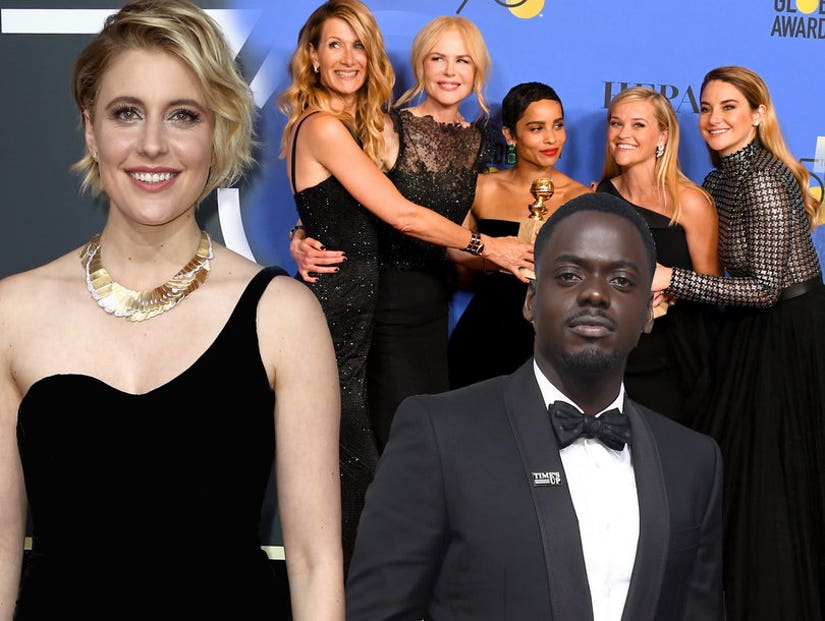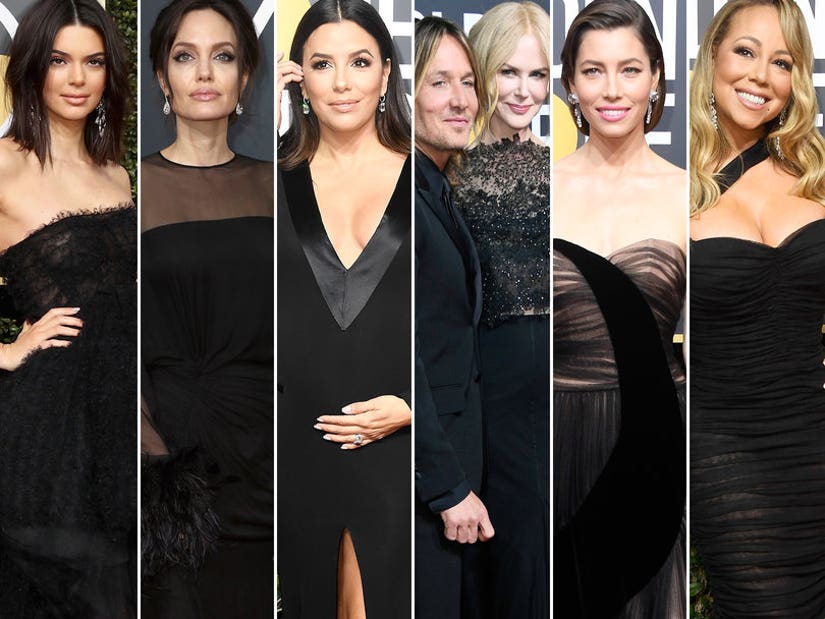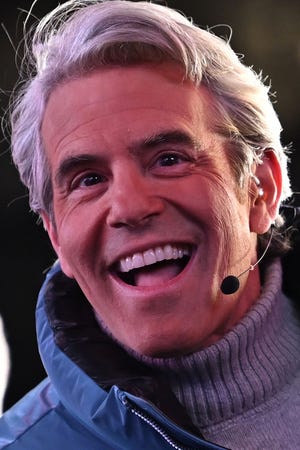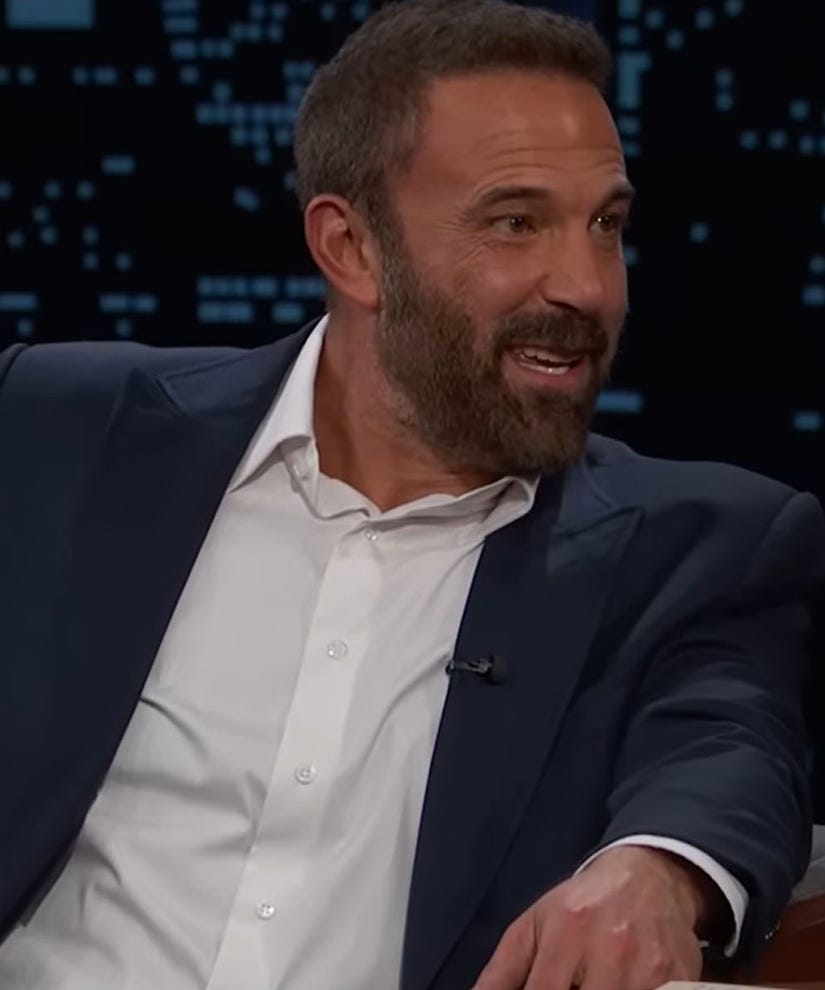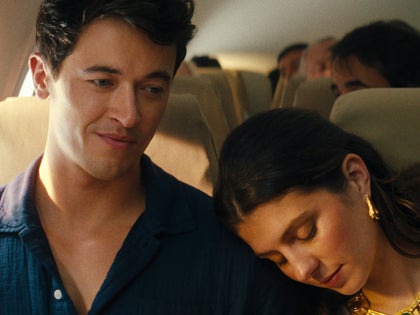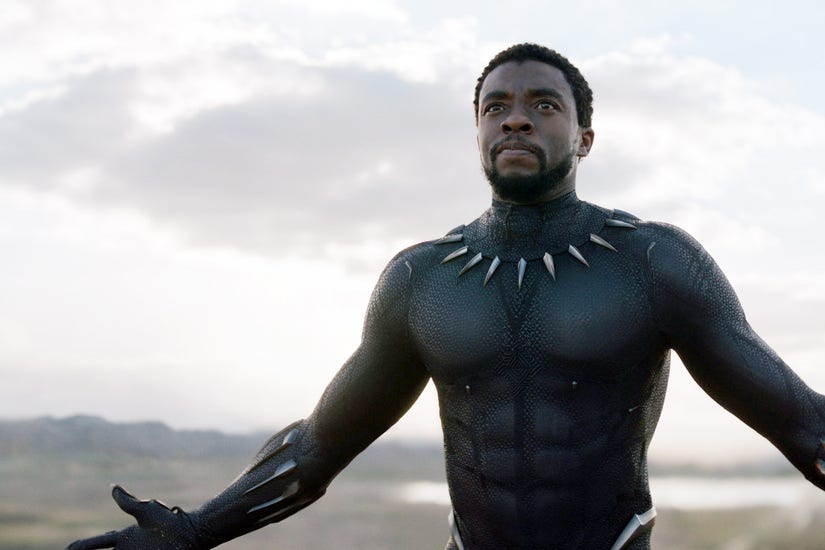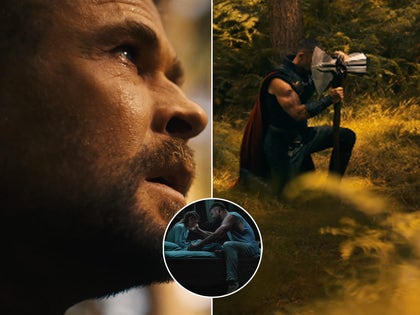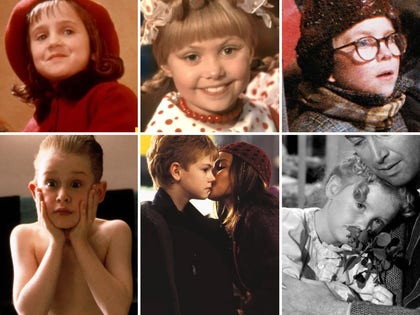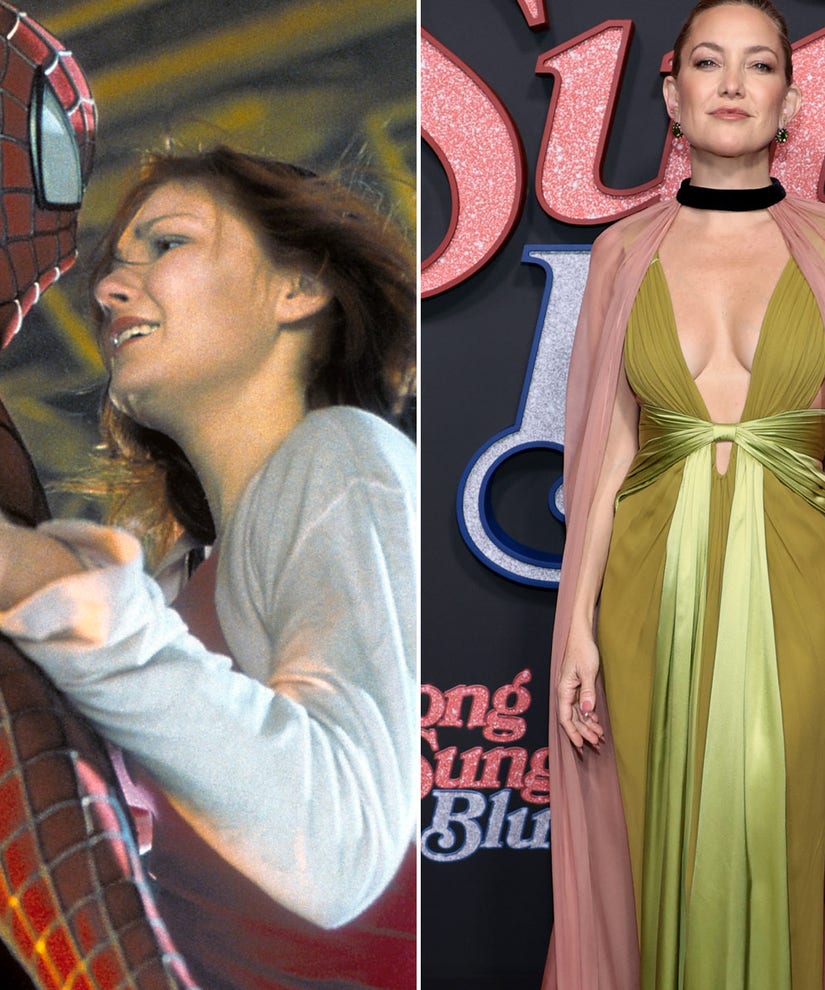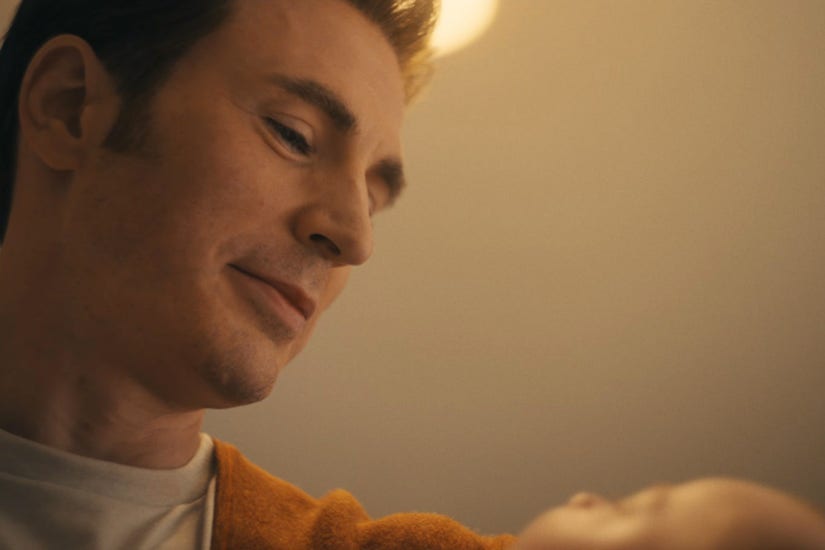The Golden Globes were a tremendous show of solidarity, a two-hour show of determination. Everyone wore black and spoke in 10-second soundbites about how things were going to change. Famous actresses were banding together to fight sexual abuse, and actors were getting woke to the cause, too. Activists peppered the red carpet, special guests of actresses who wanted to bring even more attention to the larger national conversation about systemic abuse.
Then, during the show, host Seth Meyers skewered Hollywood's high-profile problem with harassment and abuse. "For the male nominees in the room tonight, this is the first time in three months you won't be terrified to hear your name read out loud," he cracked, the first of many, many jokes at the industry's expense. Meyers also addressed the struggles that so many below the lines workers -— the hair stylists, effects artists, key grips -— go through. All through the evening, presenters and winners hit the same important points about abuse, harassment, and diversity.
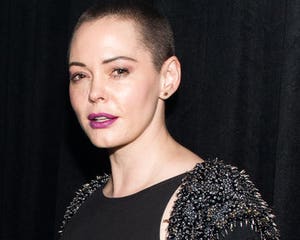 Getty
Getty
Rose McGowan Shades 'Fancy People Wearing Black' at the Golden Globes
View StoryAll told, it felt like a necessary evening of catharsis, even if there was no other choice. Everyone could smile and feel good about saying the right things. But acknowledging a problem, and making vague affirmative statements on live TV, are not solutions, and even the great agenda laid out by the new Time's Up coalition, will only make a small dent. A yearly discussion of a problem is helpful —- celebrities encouraging abuse victims to come forward is a great service —- but the industry (and the show itself) has far deeper problems that require more systemic changes.
Racism and sexism go hand-in-hand in Hollywood, where white men have historically controlled production and purse strings. The #OscarsSoWhite controversy, when there were no people of color nominated in any major categories at the 2016 Oscars, created public awareness for a long-standing injustice. But not much has changed; the nominees at the Golden Globes this year were still mostly white, and only two people of color won a major acting award this year. One, Sterling K. Brown, stars in "This Is Us," a show in which he literally plays the one adopted black person in a family of white people.
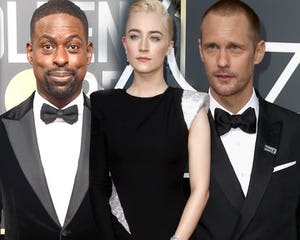 Getty
Getty
Golden Globes Winners 2018: The Complete List
View StoryWomen were naturally well-represented in the Globe's acting categories, but that's by design. In categories not devoted to gender, women fared quite poorly. There were no women nominated in the director category, and the two women nominated for screenplay (Greta Gerwig for "Lady Bird" and Liz Hannah for "The Post") did not win. Even the winning movies and shows that focused on women -— "I, Tonya," "Handmaid's Tale," "The Shape of Water," and "Big Little Lies," among others -— were written and directed by men. Fortunately, even though Gerwig was shut out of the directing category, the HFPA did award "Lady Bird" as the Best Motion Picture - Musical or Comedy.
None of this should come as a surprise, of course. A USC study published last week indicated that women directed only eight of the top 100 grossing films of 2017, and that's certainly no fluke. A USC study indicated that women directors made up just 7.5 percent of the 1,360 content creators included in the study, while women screenwriters represented just 11.8 percent. Women producers clocked in at 22.8 percent, meaning that a vast majority of projects were shepherded on all levels by men.
Shocker: As a result, women had less than a third of the talking roles in 2015's top 100 movies, and were the focus of just a third of those 100 movies. A full half of the movies had no speaking Asian characters, 40 percent lacked Latino speaking characters, and nearly 20 percent didn't have black characters with a single line of dialogue.
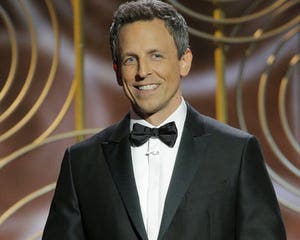 Getty
Getty
How Seth Meyers Ripped Weinstein, Spacey and Trump in #MeToo Heavy Golden Globes Monologue
View StorySo to be fair, the Hollywood Foreign Press Association doesn't have a huge selection of movies and TV shows run by women to nominate. But the HFPA, unlike the Oscars, is just a small group of mostly obscure journalists, and they have outsized power. So if the Golden Globes wants to make a real difference, it's incumbent on the HFPA to find and nominate movies and shows produced by women and minorities.
Sure, awards aren't everything, but they do give a big boost to movies' box office and TV shows' ratings, and give their creators and stars incredible capital to get other projects made. Too often, awards shows rely on the same stars over and over again, but to their great credit, the HFPA often makes unexpected choices.
The Globes have long been considered Hollywood's fun, drunken night, but as we saw tonight, it can also be a forum for important messages and change. By making different choices, the Golden Globes can begin creating a more fundamental difference.

